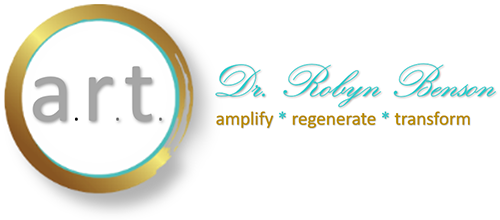

“What we have to do is sort of distance ourselves from our thoughts. You may still feel those thoughts, but you can take action. Thoughts don’t have to impact your behavior.”
Guest Bio:
Dr. Joe Tatta is a global leader in integrative pain care and an advocate for the safe and effective treatment of chronic pain. He is the Founder of the Integrative Pain Science Institute, a cutting-edge health company reinventing pain care through evidence-based treatment, research, and professional development.
For 25 years, he has supported people living with pain and helped practitioners deliver more effective pain management. His research and career achievements include scalable practice models centered on lifestyle medicine, health behavior change, and digital therapeutics. He is a Doctor of Physical Therapy, a Board-Certified Nutrition Specialist, and Acceptance and Commitment Therapy trainer. Dr. Tatta is the author of two bestselling books Radical Relief and Heal Your Pain Now and host of The Healing Pain Podcast. Learn more by visiting integrativepainscienceinstitute.com.
Episode Summary:
Dr. Joe is out with a new book called, Radical Relief, where he shares his tips on how to overcome chronic pain. He provides insight into how the mind works and how we can let go of unwanted thoughts that affect our aging and our pain receptors on this week’s episode!
Title: Using the Mind in Radical Ways To Overcome Pain — Dr. Joe Tatta
Subtitle: Here’s how you can use mindfulness to reduce aging.
Key Takeaways:
Resources for a Younger Lifestyle:
Dr. Robyn Benson’s Free Youthful Aging eGuide
FREE GIFT: Robynbenson.com/gift
Connect with Dr. Joe: Integrativepainscienceinstitute.com
Quotes:
“Stress impacts our gut/brain relationship. When you impact your vagus nerve, you’re impacting how you digest your food and the hormones and neurotransmitters that go along with that.”
“Did you know that a negative thought can cause inflammation in your body? And a positive or neutral thought is as equally as good as taking two Advils.”
“What we have to do is sort of distance ourselves from our thoughts. You may still feel those thoughts, but you can take action. Thoughts don’t have to impact your behavior.”